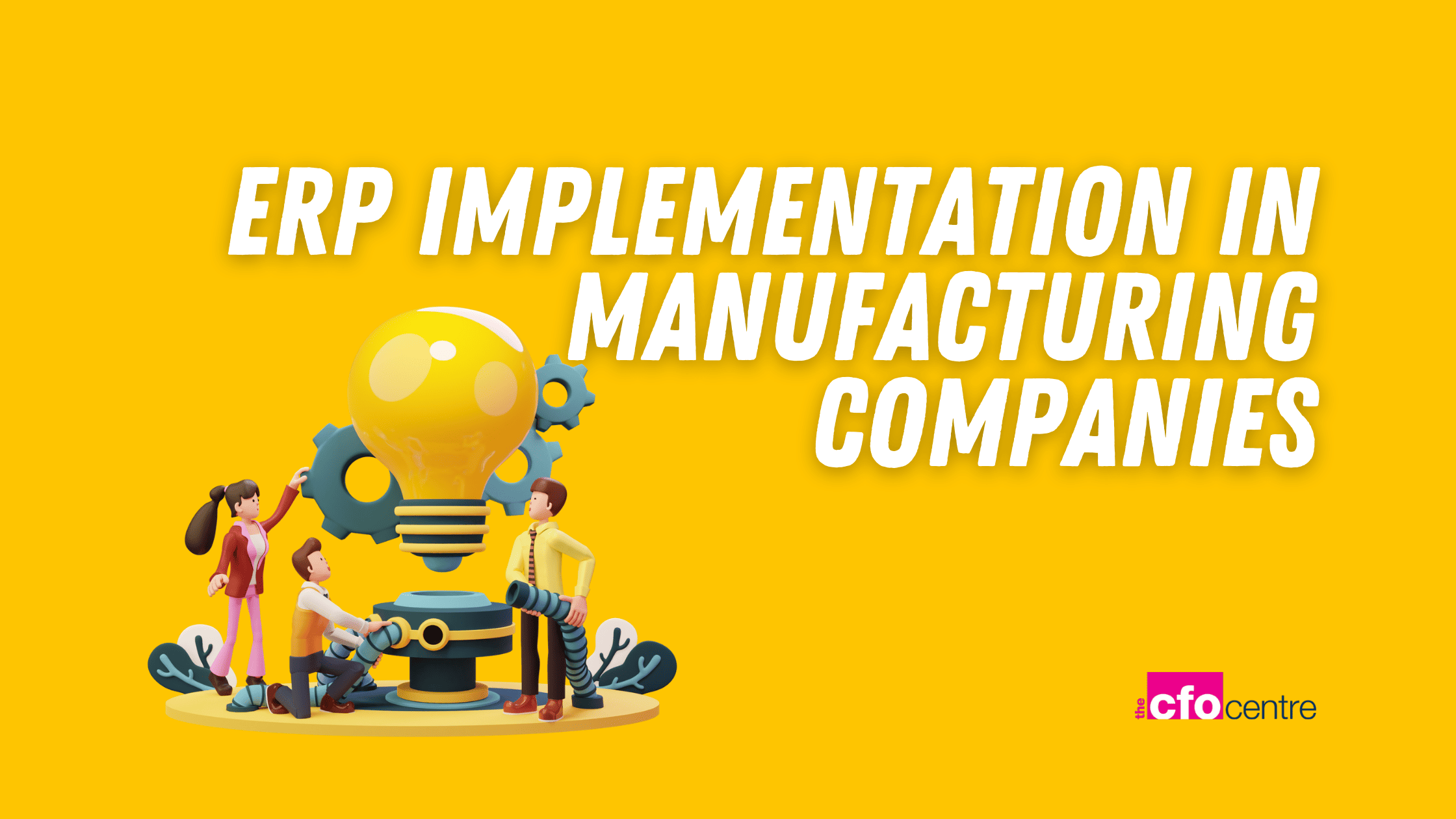A lack of cash can not only stall your company’s growth but also place its very existence under threat.
It doesn’t matter how profitable the business may be; cash flow problems can place it under severe pressure, according to the FD Centre’s Chairman Colin Mills in his book ‘Scaling Up How to Take Your Business to the Next Level Without Losing Control and Running Out of Cash’.[1]
“You might think you’re immune from danger because your business is experiencing a high level of growth, but you’re wrong: expansion can exacerbate the problems caused by poor cash flow management,” he said.
“You almost always have to make investments and bring certain expenses on ahead of achieving the higher revenue and cash flow that comes with successful growth.”
It is the oxygen every business needs to survive.
“The stark truth is, without cash your business will be unable to meet its payroll obligations, default on payments to suppliers and creditors (payables), and ultimately cease trading.”
Fortunately, there are ways to find cash both from within your business (by improving processes, cost-cutting and selling off unused assets) and from traditional and alternative external funding sources such as banks, invoice factoring companies and crowd-sourcing platforms.
Getting the cash your company needs earlier rather than later can not only save you and your employees from unnecessary stress but also help you to achieve more rapid growth as the following example illustrates. One of the CFO Centre’s American clients had over-hired which caused it to run into cash flow problems.
But with the help of the CFO Center, the company was able to survive the blip and then attract one of the ‘Big Three’ automobile manufacturers in the US—Chrysler—as a client.
“They were really bumping up against their credit line of $US500,000,” recalled the CFO Center’s Bill Starr in ‘Scaling Up’. “We came in, restructured their financing and their forecasts, and in a couple of months we were able to get them a new line of credit for $2 million,” he said. “That effectively allowed them to invest in the growth of the company.
“A year after we were engaged, the client won a massive deal with Chrysler. Chrysler conducts vendor analyses on the financial position of its vendors, and this company got a green light across all areas that Chrysler reviewed them on.”
Look within your company first
While many business owners automatically look to external funding sources, it pays to look closer to home first.
“Most entrepreneurs don’t realise there is often considerable funding to support growth from within their own business,” says Mills. “That’s because the collection of customer receivables can often be improved through strong credit control and the level of stock holding reduced through improved systems and processes. In some instances, poor negotiation of supplier payment terms means fewer funds are available within the business to support scaling up.”
So before you pick up the phone (or click your mouse) to apply for external funding, consider the following methods for freeing up cash within your business.
Declutter
If the business has the machinery, equipment or large amounts of stock that is idle, consider selling it or renting it to other businesses.
Remove unnecessary overheads
Look at all your overheads to see if they can be lowered. For example, consider reducing staff numbers, or not replacing employees when they leave or moving premises to get a more favourable lease.
The head of the Australian CFO Centre Stephen Copplin recalls how one part-time CFO was asked to help a fast growth branding business that had got into trouble with cash flow. Most troubling was a looming $AUD 500,000 tax bill.
At the company’s headquarters, it was easy to see why the company was struggling: the carpark was crammed with ‘flashy’ company cars.
A conversation with the owner revealed he did not have a good grasp on his financials. He didn’t know how to improve his margins and had no idea how much his product was costing to produce.
So he was advised to sell the cars and make half the staff redundant.
“We were really hard with the guy; we took a firm line with him, but he did all the things we suggested he do to get his business back in order,” the part-time CFO said. “That was three or four years ago, and today his scaleup growth has delivered the cash flow and sustainability, to where he should have been if he had the financial nous beforehand.”
Negotiate better terms with vendors
Ask for more favourable payment terms from your suppliers. This doesn’t necessarily mean asking for reduced prices but could be as simple as requesting an extra seven days for your payment window.
If your suppliers refuse your request, look for other suppliers who can offer lower prices or better payment terms for the same quality of the product.
Resolve late payment issues
Make your payment terms clear to minimise the possibility of late payment issues. Try to keep to the same terms for all your customers (for example, a 30-day window for payment of the invoice). Get agreement to your payment terms from all your customers or clients. Carry out credit checks on all new customers or clients. Ensure that invoices are issued promptly. Ideally, you should issue invoices by email on the day of completion of the job or project and ensure that overdue payments are pursued.
Get deposits for large projects or orders. Build a deposit (of anywhere up to 50% of the total cost) into your contract for large projects or orders. This is especially important if the projects or orders are likely to involve a lot of resources and time.
That way if the customer decides to cancel the project or fails to pay the balance on the project or order, you have at least recovered some of the cost of the resources and time you’ve already invested in it.
Look for External Funding
You should also consider external funding sources to help ease your cash flow challenges. There are a dizzying number of sources to consider, both traditional and alternative (which is why you should use the services of a part-time FD or CFO to identify the best method for your company and help you navigate your way through any such process).
Apply for a bank overdraft
A bank overdraft has been the traditional form of funding for many businesses. But these days, banks are more likely to try to steer their clients to other forms of debt that provide the banks with more security.
While overdrafts are usually quick to set up, they have a major drawback, and it’s this: banks can call them in on-demand.
Request a bank loan
The advantages of bank loans are that they are for a set term with regular repayments and that the banks can’t call the money back on demand. The downside is that banks will demand strong security for the loan such as a personal guarantee secured on the assets of the business or even the owner’s personal assets.
Use asset financing
Using your assets as collateral for the loan is one of the easiest ways your growing business can get access to quick cash. However, there is a drawback: not all assets are considered equal.
Typically, lenders will only consider assets that they can sell quickly if you default on the loan. Therefore, they usually want high-value assets with a low depreciation rate or high appreciation rate, and which are easy to convert into cash.
Get alternative financing
The alternative finance market includes a wide variety of financing models including peer-to-peer lending, crowdfunding and specialist finance providers offering products such as selective invoice finance and invoice trading platforms.
The benefit is that since they have greater flexibility than traditional funding sources they can often offer a faster turnaround on the right deals.
Invoice Discounting
The advantage of invoice discounting, in which banks and invoice discounting companies lend money secured against your debtors/receivables, is that you can borrow up to 80% of the invoice amount within 24 hours. So you get the cash flow benefit and the rest when the money is collected.
The disadvantage is that it can cost more than overdraft or loan charges so it may have a bigger impact on your profit margins.
Peer-to-peer (P2P) lending
P2P platforms match lenders directly with borrowers so that you can borrow money from individuals. The huge benefit of this is that the rates are favourable and often much better than any other type of lending method. The disadvantage is that you will still have to undergo a credit check and possibly pay an application fee.
Equity-based crowdfunding
The way it works is that people come together on crowdfunding websites to pool money towards a particular venture or idea in return for an equity share in your business. The issue with crowdfunding though is that it’s not as easy as some people make it out to be, as it requires months of planning and lots of marketing in order to get people excited enough about what you are doing to contribute money towards it. There’s also the risk that you don’t receive the amount you’re seeking, in which case any finance that has been pledged will usually be returned to your investors, and you will receive nothing. If you’re successful, there’s the risk you give away too much control in your company. This could have an impact later when you decide to sell the company.
The easy way to raise cash
Of course, you can make the finding or raising of cash a much easier process by engaging the services of a part-time FD or CFO. For example, the FC Centre (and CFO Centres) offer the services of part-time FDs or CFOs with big business experience who can use what they know to help you uncover or obtain the cash you need to help your company achieve rapid yet sustainable growth. They will help remove the fear and confusion from the entire process.
To discover how the FD Centre (or CFO Centre) will help your company to get cash and scale-up, please call us on 0800 169 1499 or contact us here.
How it works
The CFO Centre’s part-time FDs use a proven framework known as the ‘12 Boxes’ to identify where the problems are within any business. They use it to review every aspect of your company finance function and identify every problem area.
They will help you to understand your company’s finances and not only eliminate cash flow problems and identify cost-savings but also to improve profits.
They can also help you and your team to understand your main profit drivers; find and arrange to fund; identify your Critical Success Factors and Key Performance Indicators (KPIs), help you to expand nationally and internationally; and build value to make your business more attractive to investors or buyers. To discover more about the 12 Boxes, click here.
Need help?
To discover how an FD Centre part-time FD will help your business, contact us now on 0808 164 8902. To book your free one-to-one call with one of our part-time FDs, click here. You can see how they add rocket fuel to any business here.
What people are saying
To hear what people really think about the FD Centre’s part-time FDs, watch these short videos here.
Where are you going wrong?
To identify strengths and weaknesses in your business in just nine minutes with the F-Score click here now. Just answer a brief series of questions, and you’ll receive an 8-page report that will reveal potential current or future pain points for your business. It will also help you to rate the performance of your finance function and uncover untapped opportunities for growth. Click here now to take the F-Score.
Got a Big Question?
If you have a burning question for one of our team of FDs, ask it here, and you’ll get an answer within 24 hours. Please note the question must be finance-related (sadly, they can’t predict who will win the Rugby World Cup, Cricket World Cup or even the US Masters Golf Tournament).
[1] ‘Scale Up: How to Take Your Business to the Next Level Without Losing Control and Running Out of Cash’, Mills, Colin. BrightFlame Books, 2016





